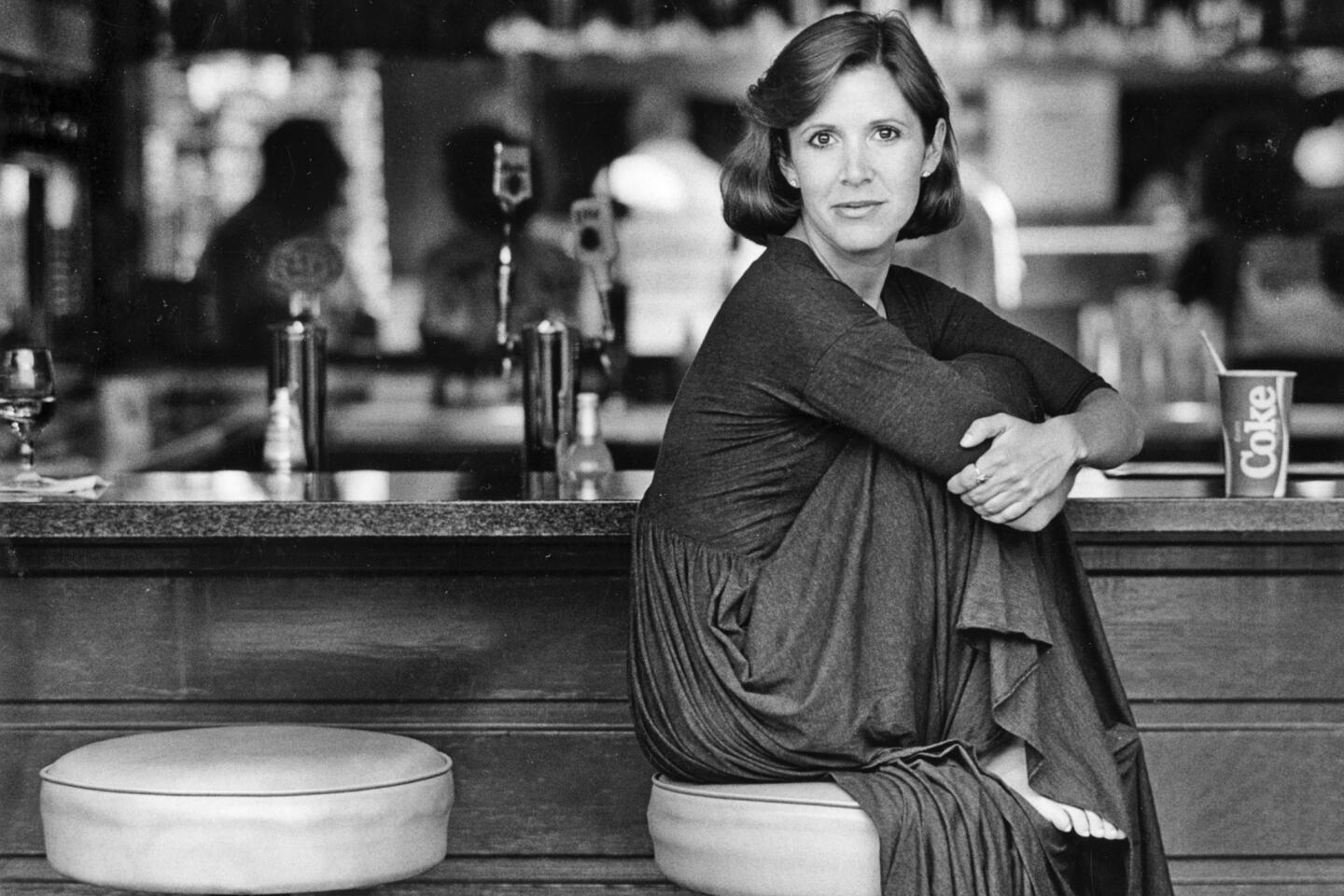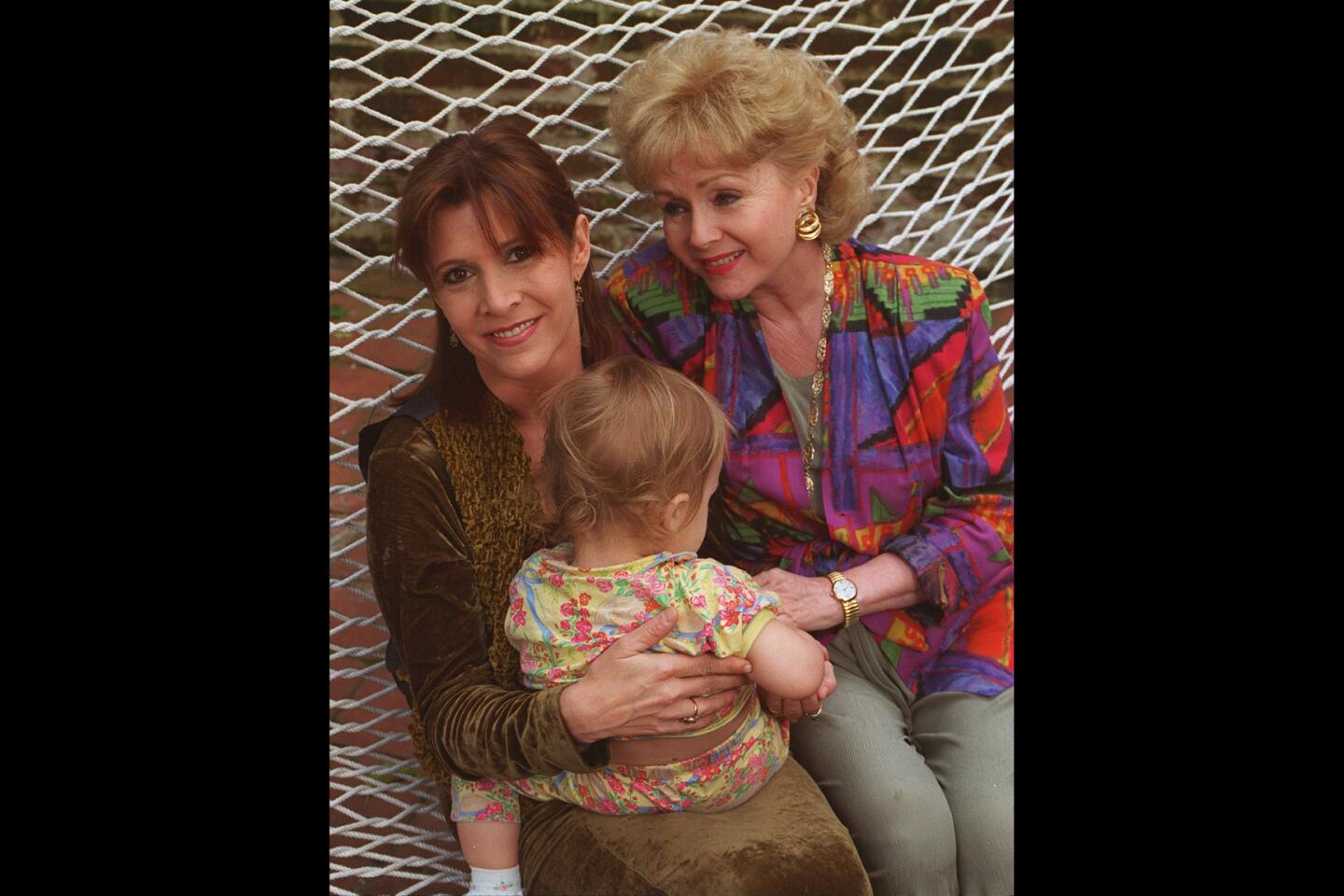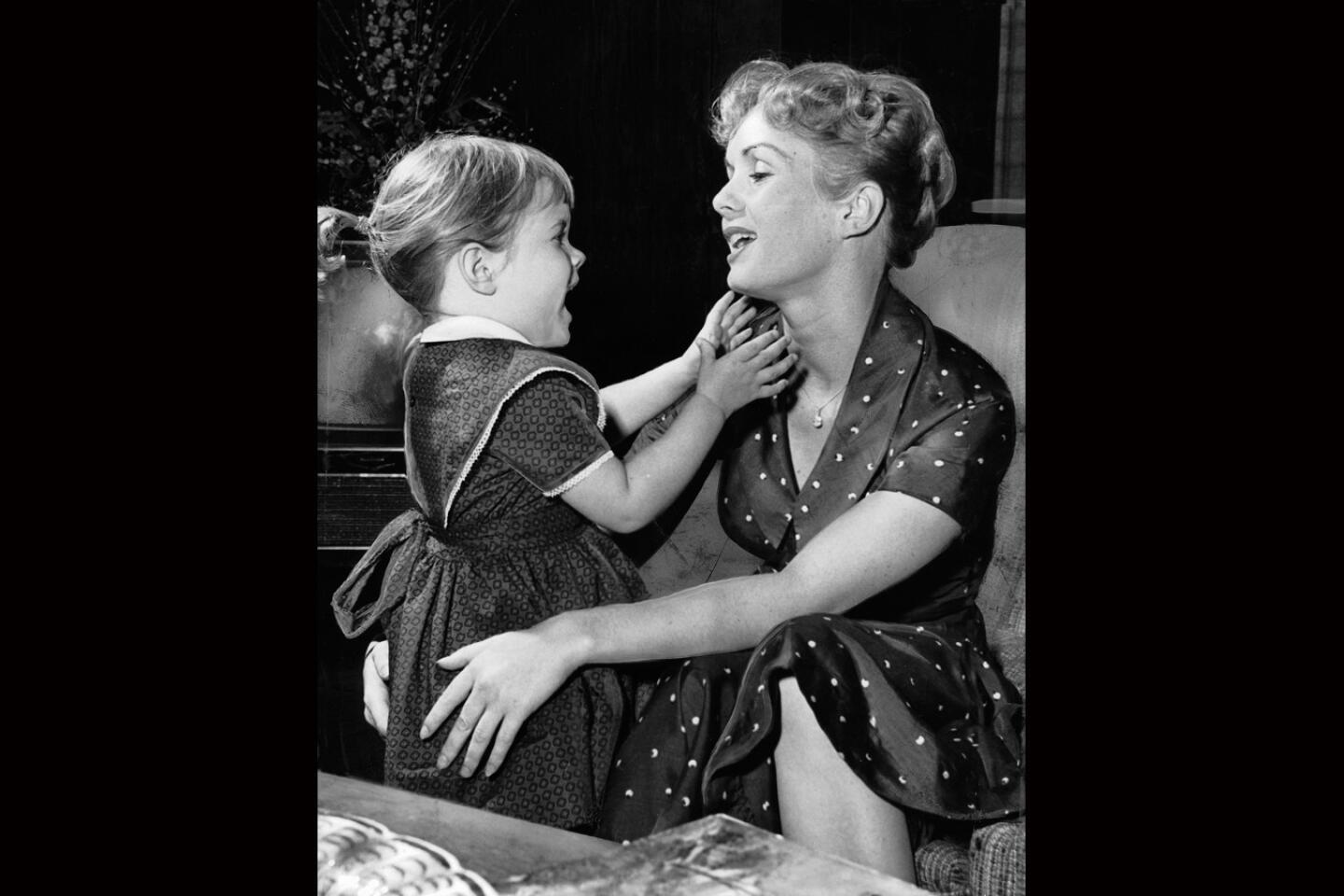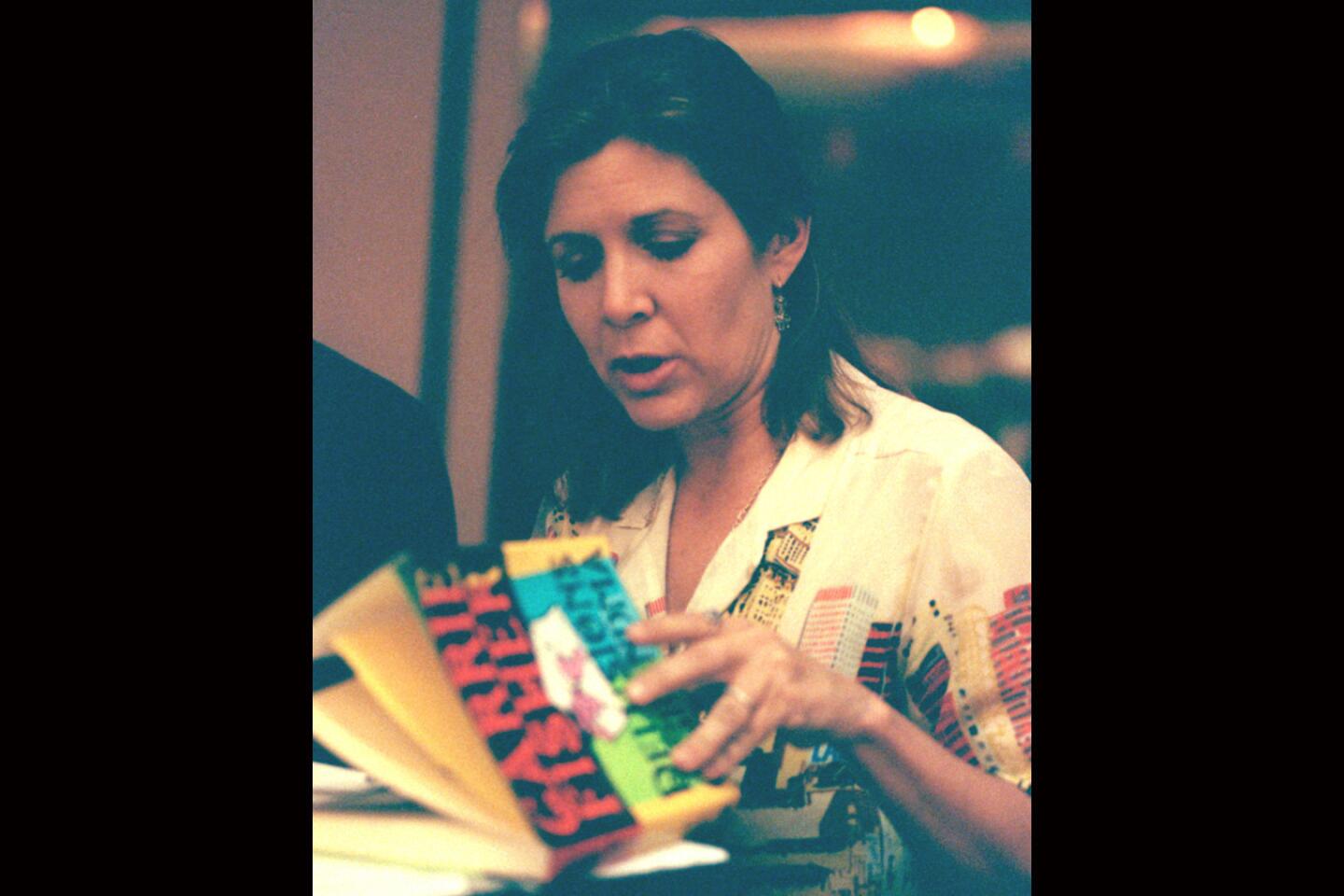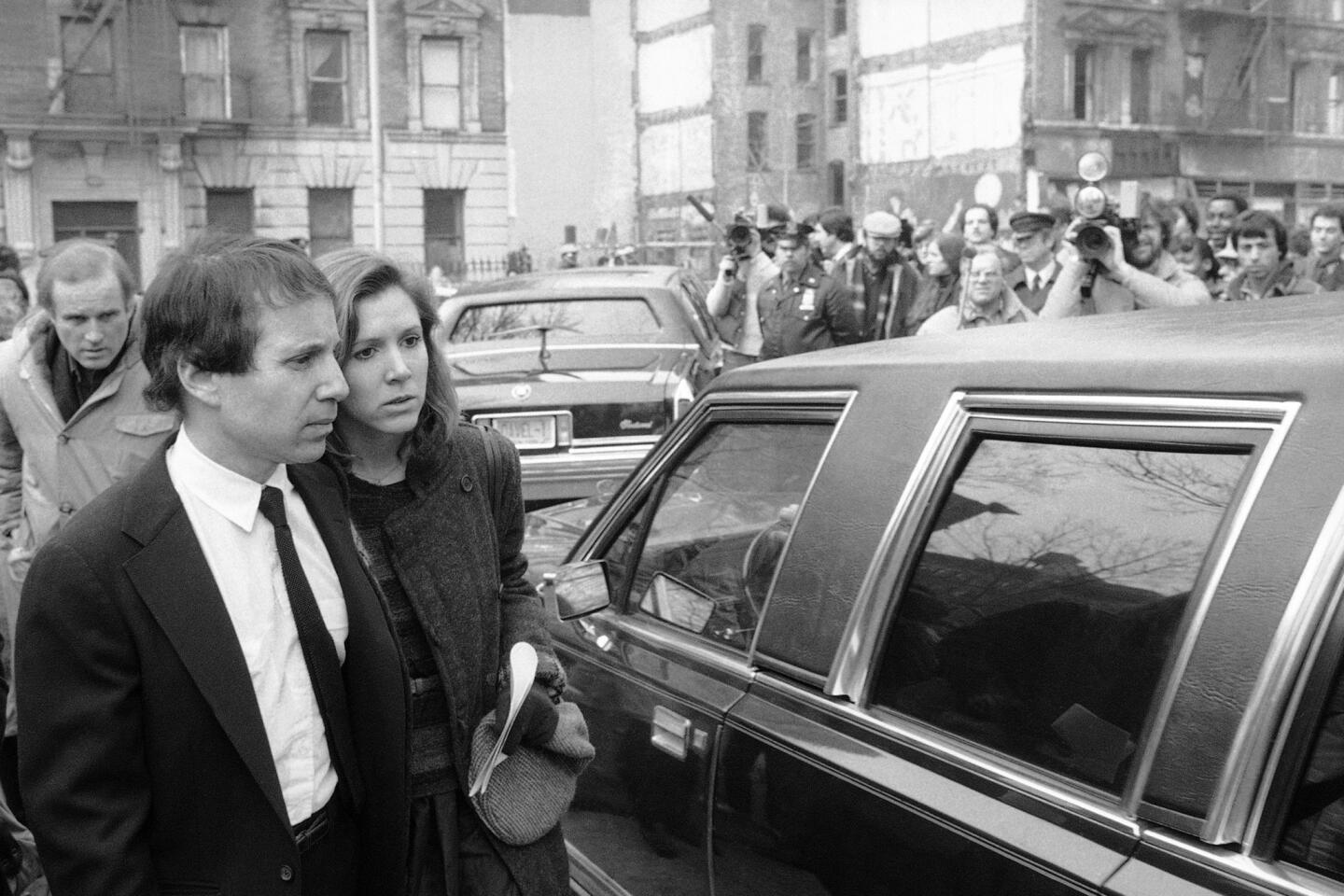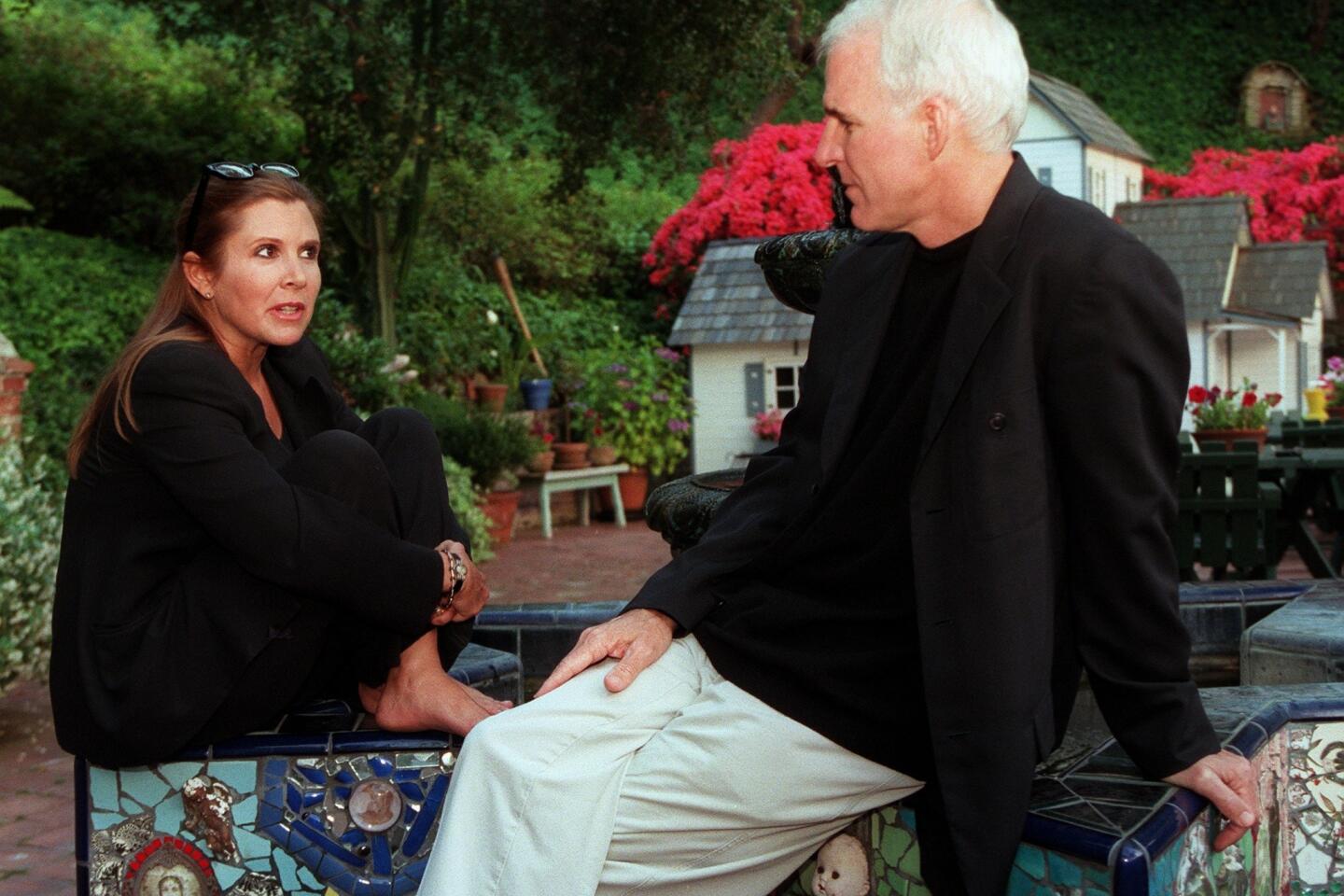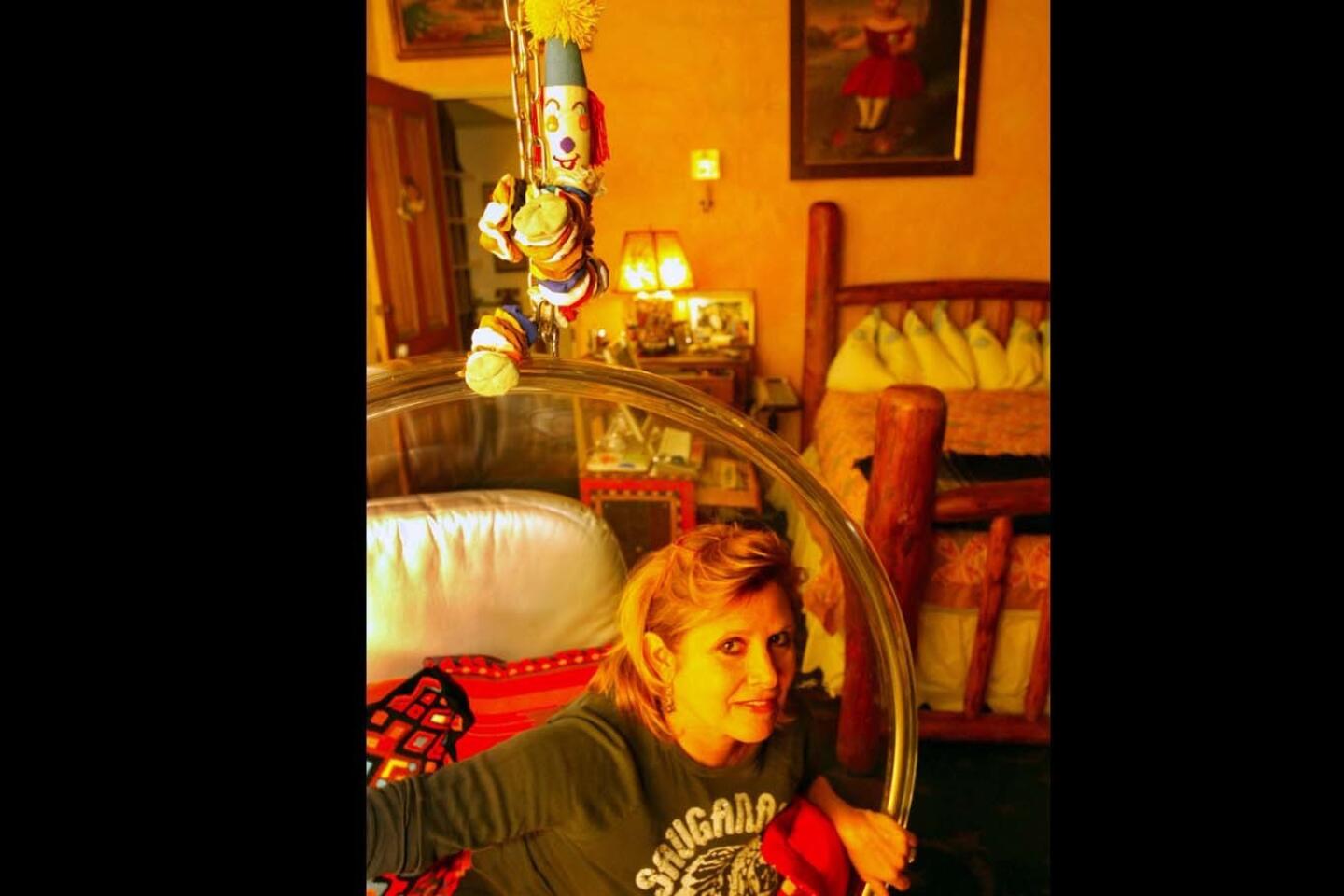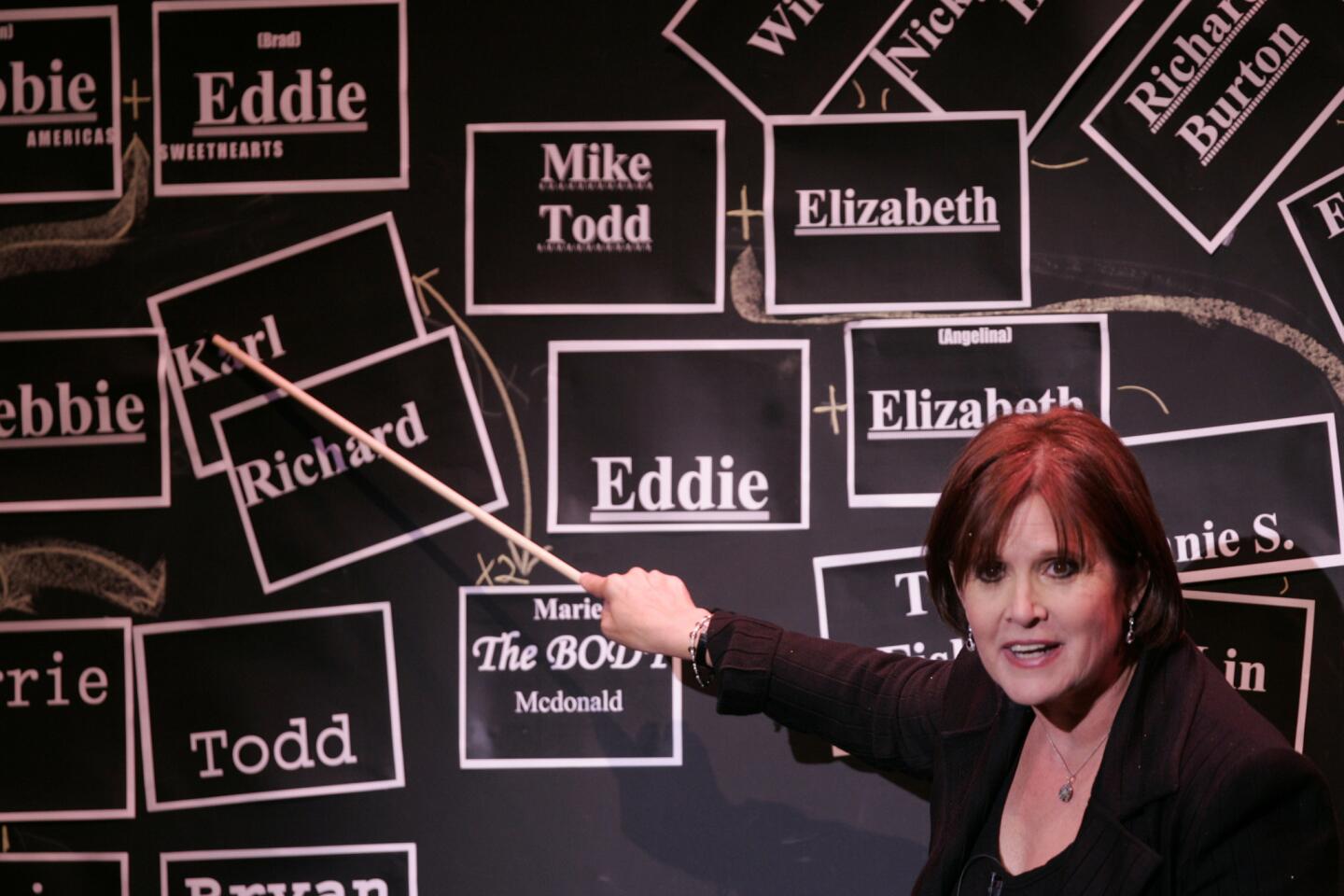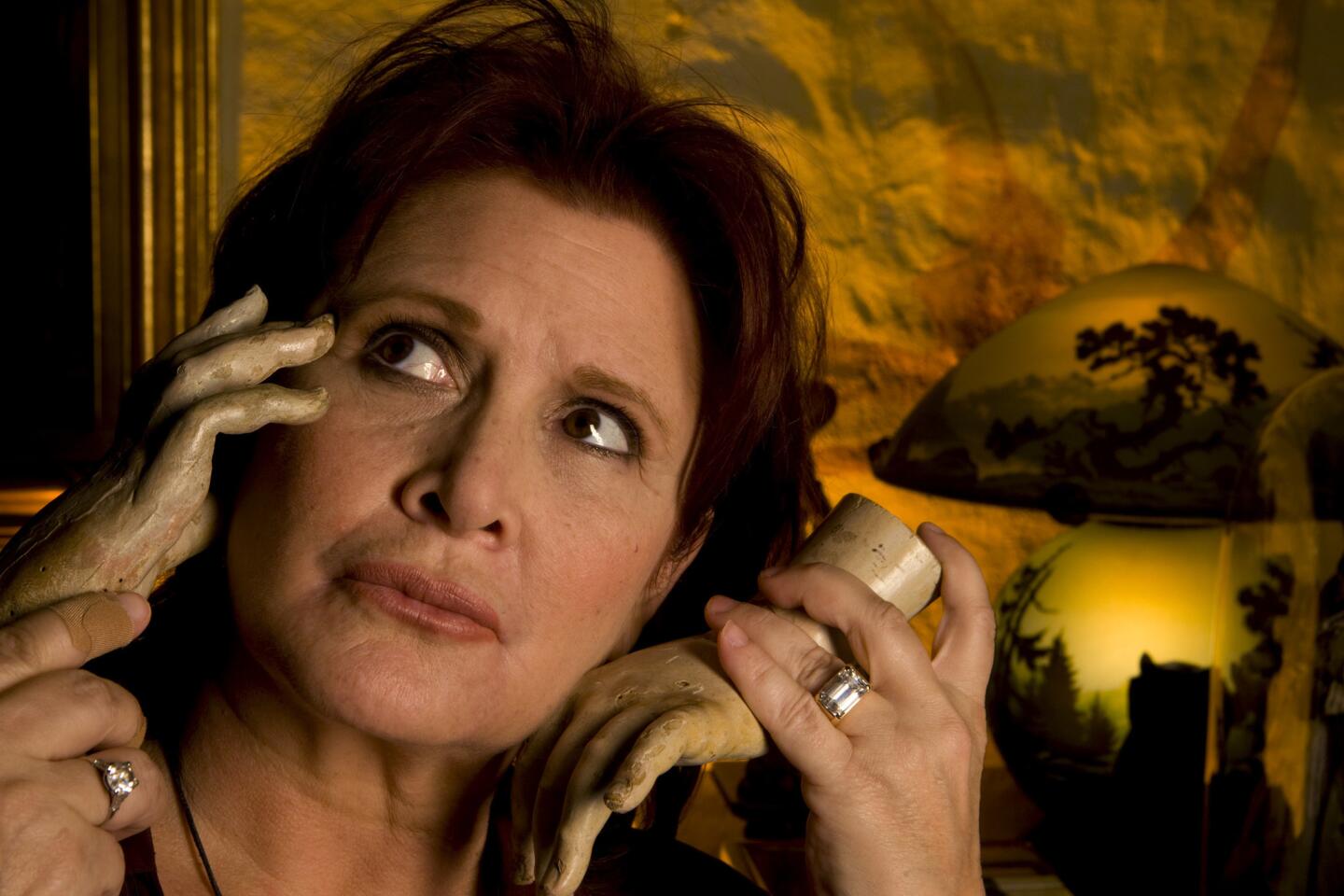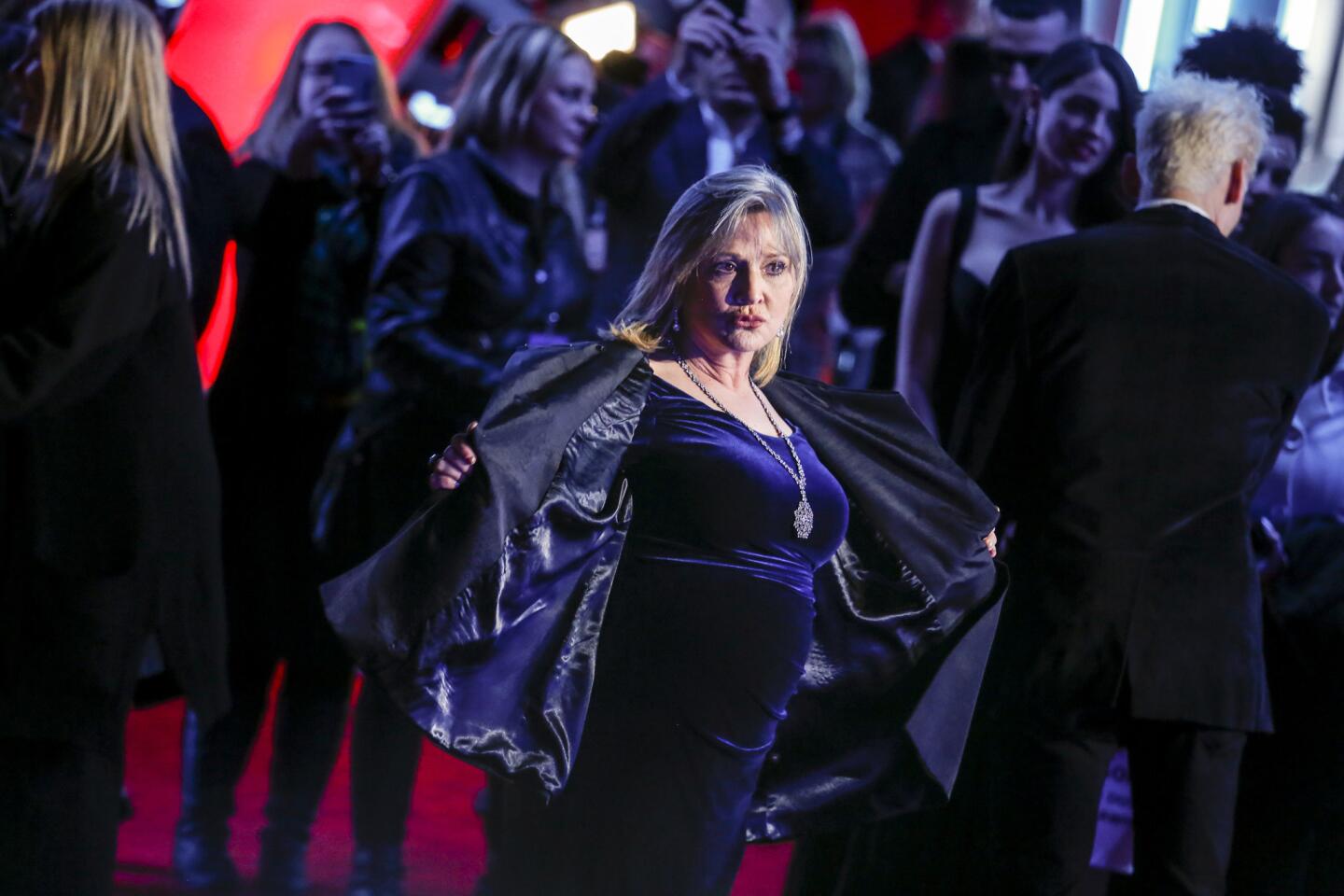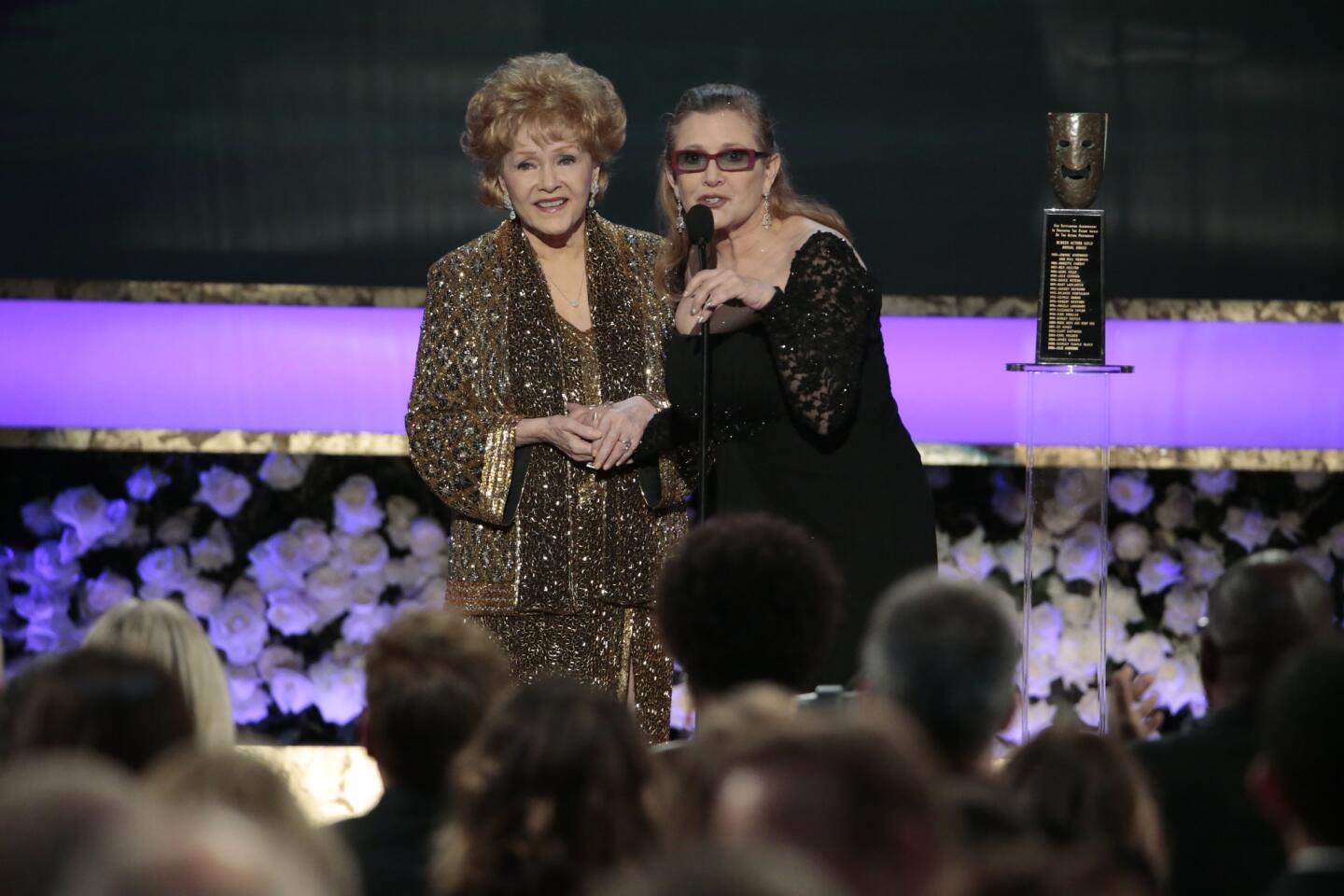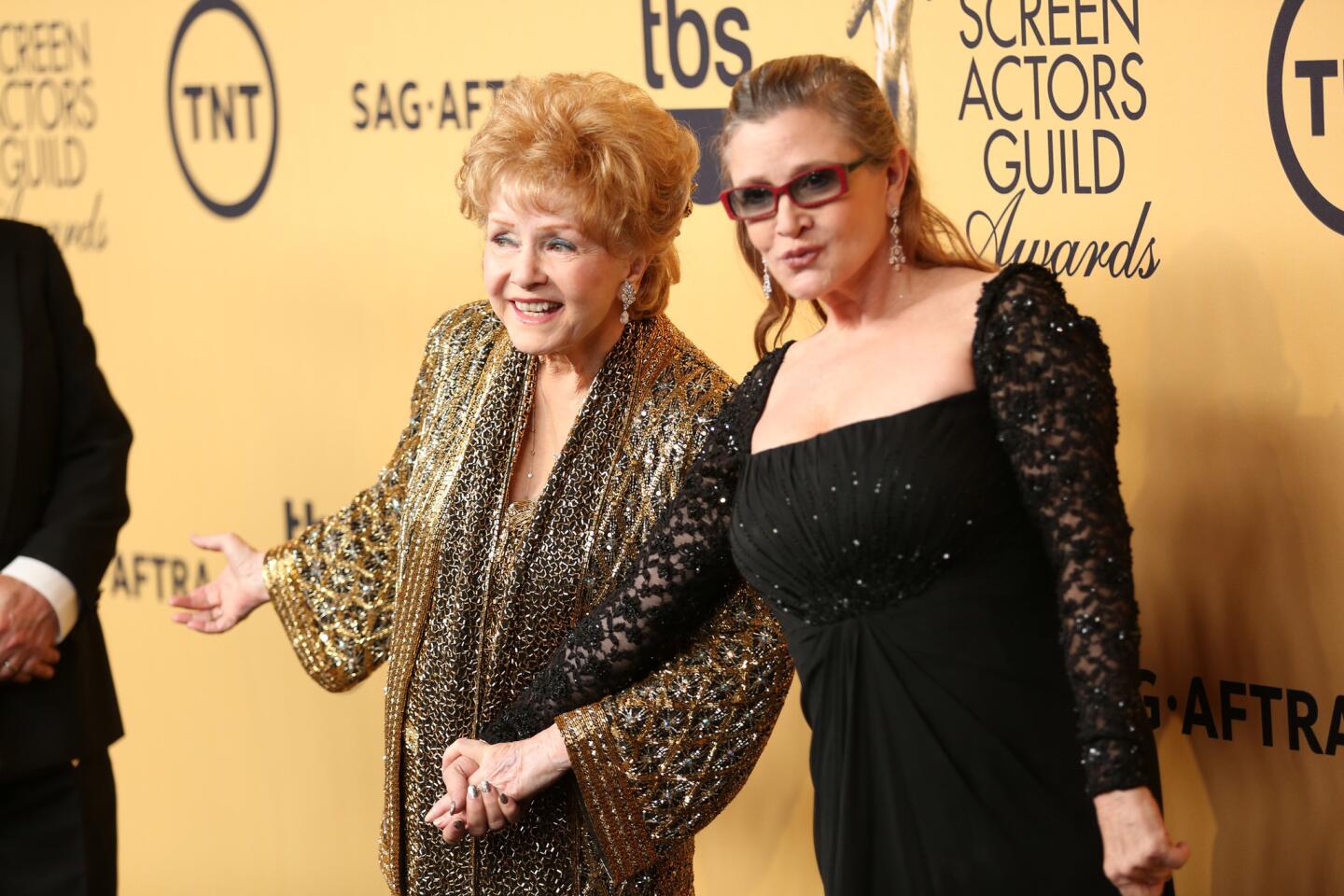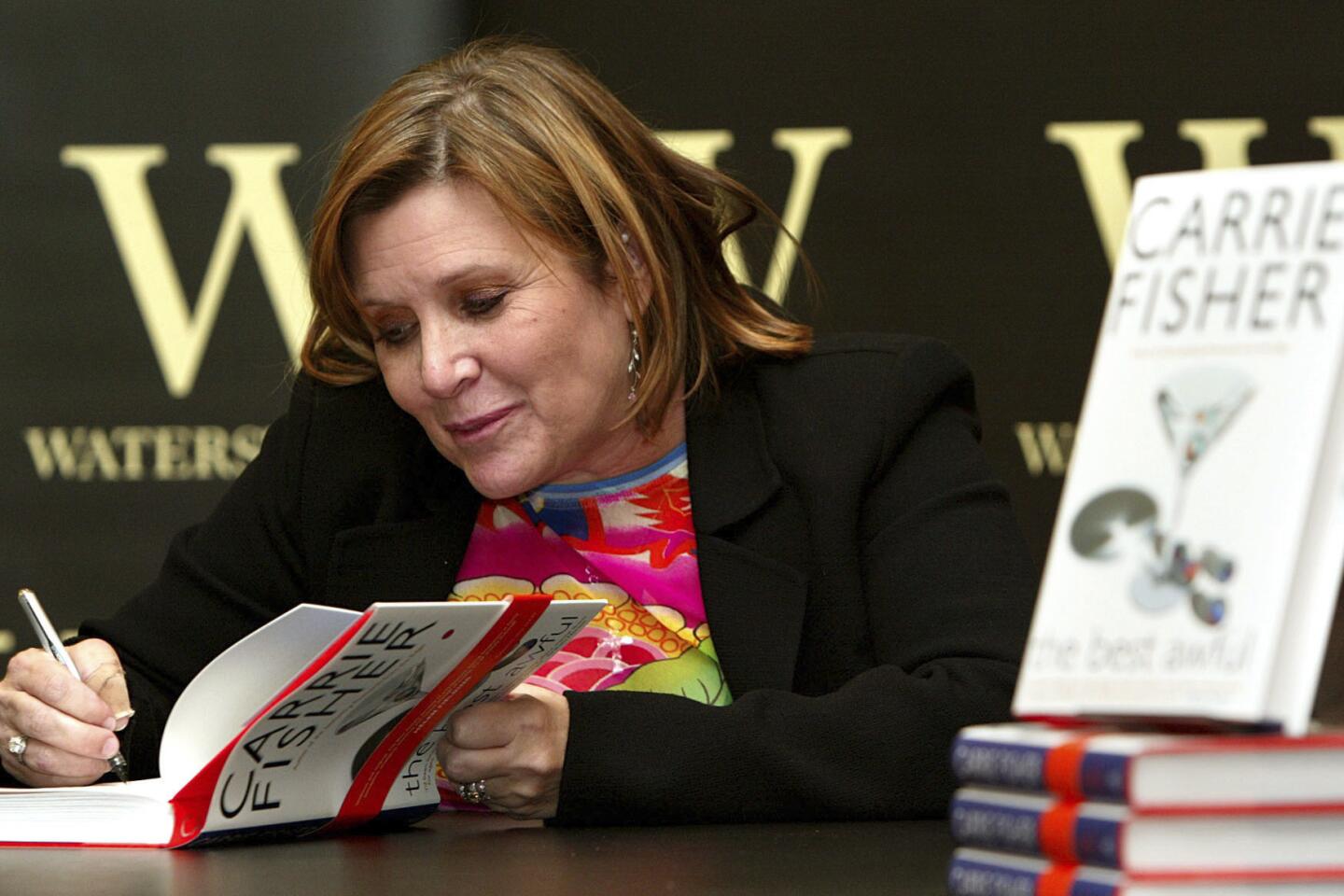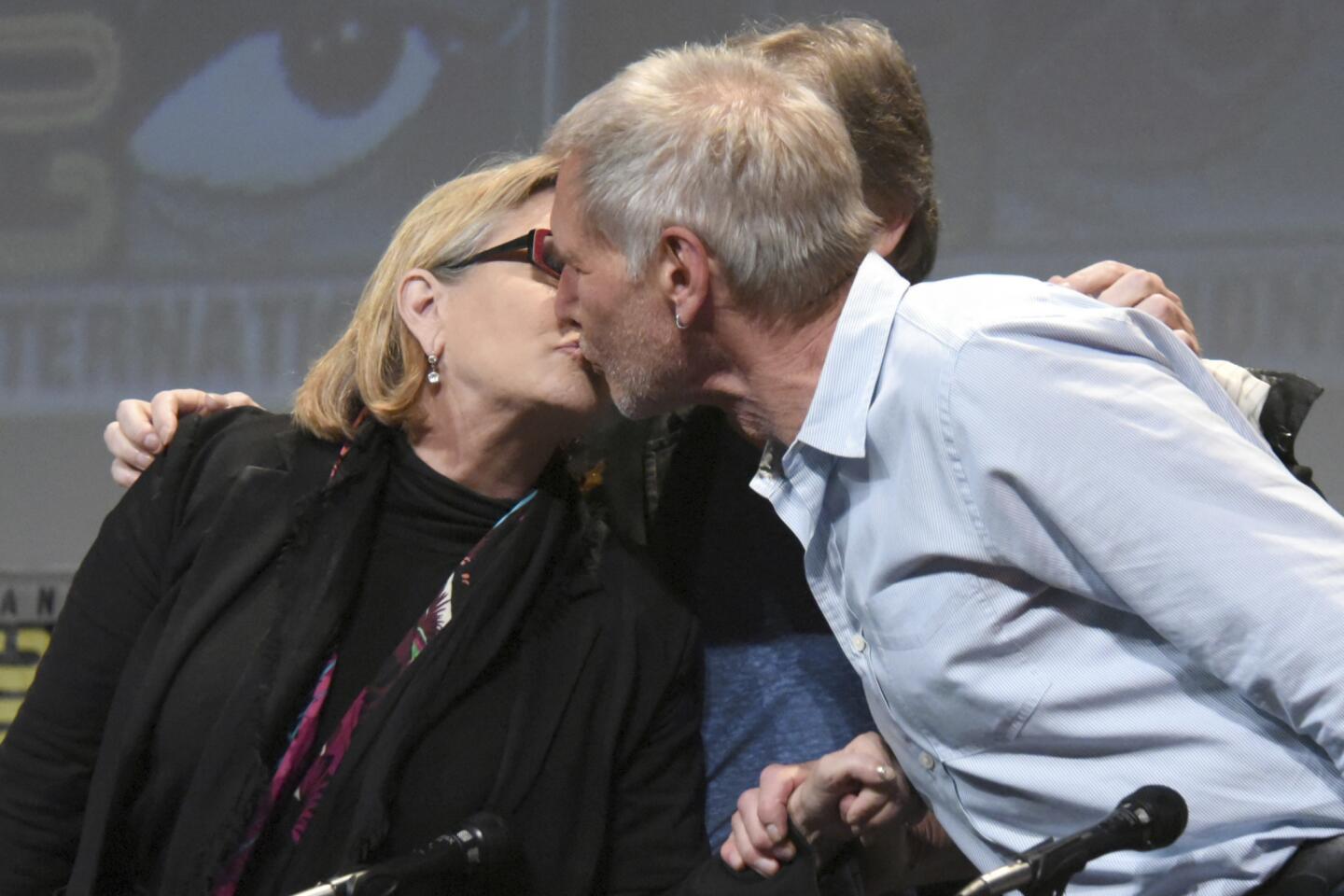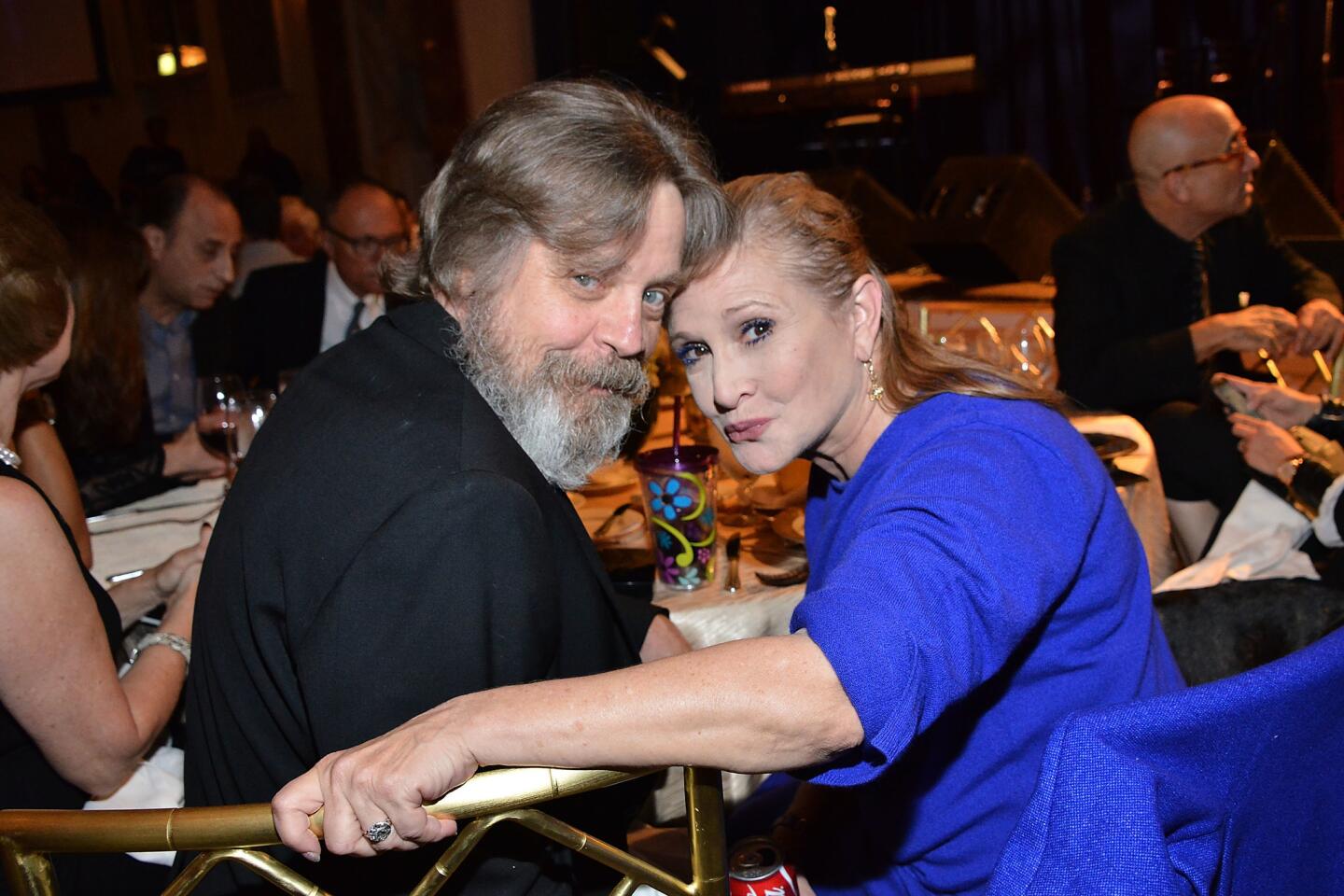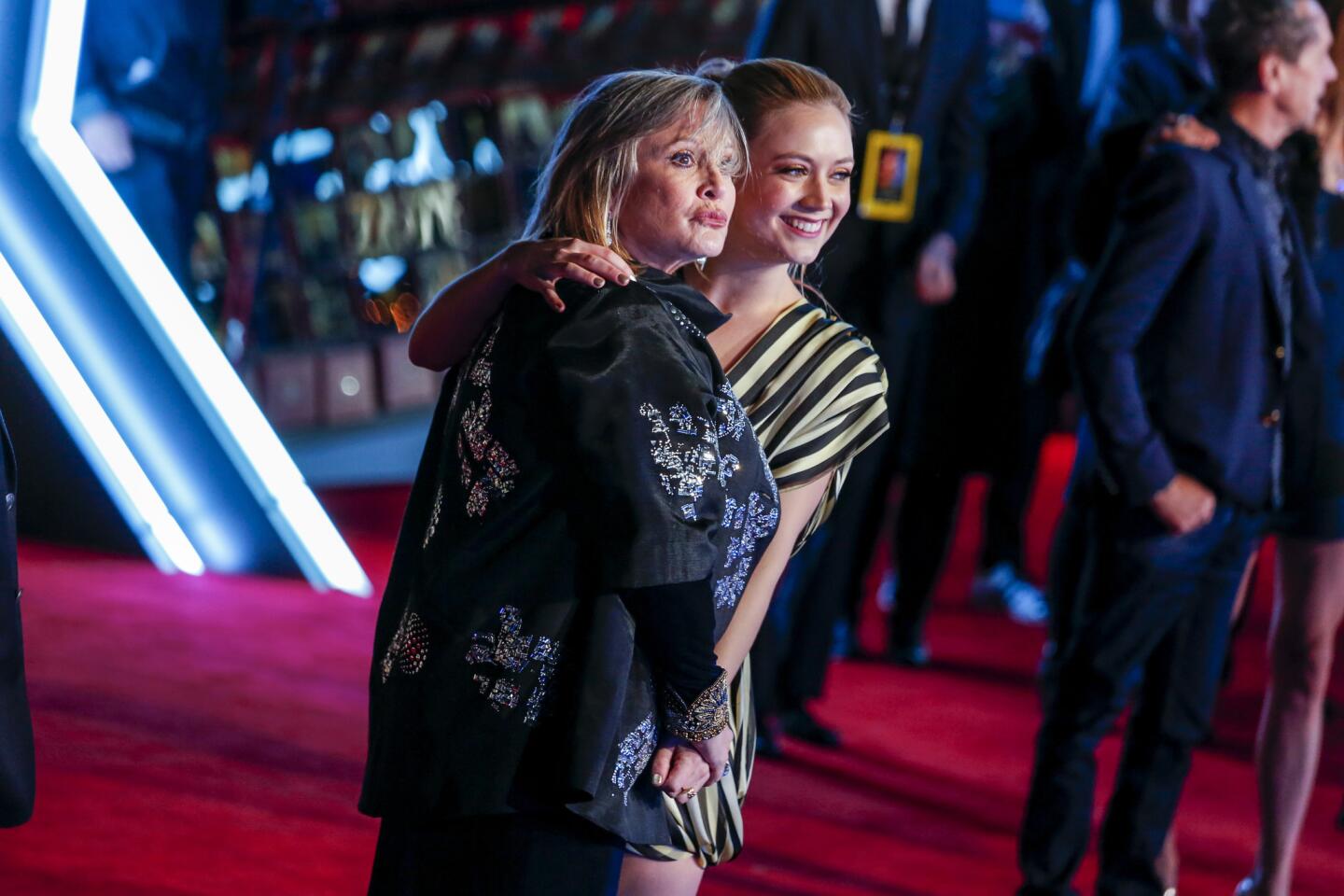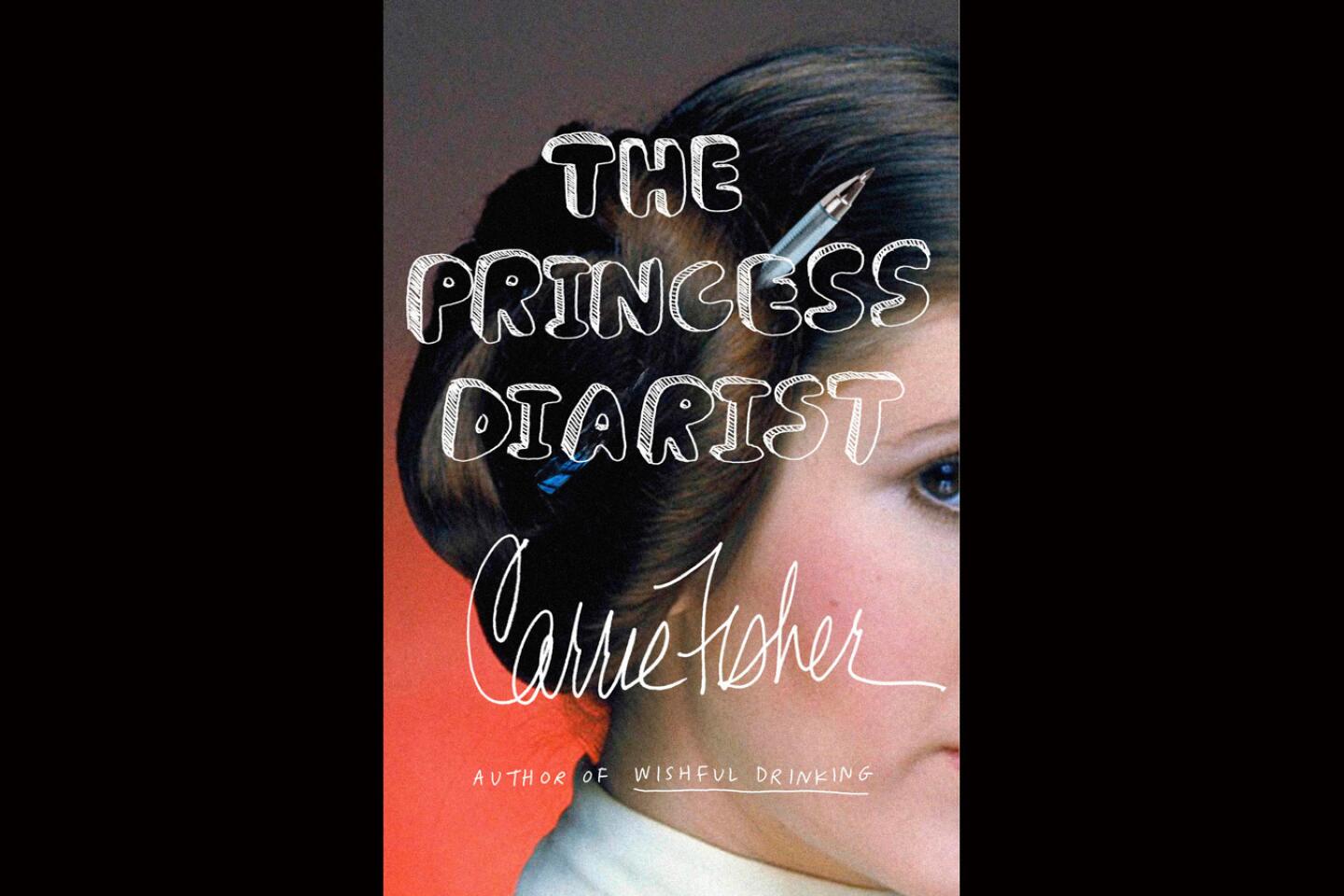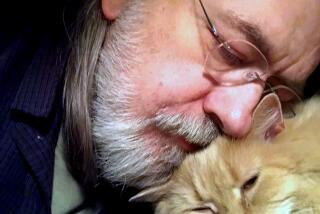Carrie Fisher the writer: Witty and vulnerable, she took us to the edge of our comfort zone
Out on the Internet, along with the many heart-touching tributes to Carrie Fisher, photographs of her as Leia Organa, either as princess (the original trilogy) or general (from âThe Force Awakensâ) and with her beloved French bulldog Gary, thereâs another picture, originally placed there by cinema documentarian Will McCrabb, showing a page of the script of âThe Empire Strikes Back.â On the script are several edits, in red pen, condensing and improving the script. McCrabb said the hand that put the edits there was Carrie Fisherâs, noting on Twitter that Fisher herself confirmed it to him.
Is he correct? The edits might have been made by Irwin Kershner, âEmpireâsâ director, instead. At the time â 1979 â Fisher would have been 22 years old. Yet here she was, looking at a script written by Lawrence Kasdan, who would go on to several screenwriting Oscar nominations, and Leigh Brackett, Howard Hawksâ secret screenwriting weapon and one of the great science fiction writers of her time, and thinking âthis needs some fixing.â And then getting out her pen and doing just that.
Whoever made the edits wasnât wrong. At least some of the edits to the scene (in which Leia, Han and Chewbacca plot a course to visit Lando Calrissian) made it to the final cut of the film. Simpler, tighter, better â and with the rhythm of speech rather than exposition (science fiction, forever the genre of people explaining things to other people). Carrie Fisher played a galactic princess, but she had a working writerâs gift for understanding how people talk, and how language works. At 22.
She published her first novel, âPostcards From the Edge,â in 1987, which she would adapt for the 1990 Mike Nichols film of the same name, starring Meryl Streep and Shirley MacLaine. Fisherâs four novels were based to some extent on her own life â as an author, âwrite what you knowâ was something Fisher took seriously â but the books were more than veiled tidbits of the life of a Hollywood scion. They announced the arrival of a writer whose voice â witty but vulnerable, willing to push her readers to the edge of their comfort zone with the same lines that made them laugh â was both all her own, and part of a literary tradition that included writers like Dorothy Parker and Elaine May.
âBy about 16 I wanted to be Dorothy Parker,â she told The Times in 2008. âI figured out the ways I am like herâŚ. Sheâs short. She was half Jewish. She had brown hair and brown eyes. She was an alcoholic or addict. And she married a gay guy!â
And like Parker and May, Hollywood found its uses for Fisher as a writer. In addition to âPostcards,â Fisher had a healthy career as one of the film industryâs most sought-after script doctors â the (largely) anonymous people who would go in and punch up a script in dire need of laugh lines and emotional heft. She worked on some of the biggest hits and franchises of the â90s, including Steven Spielbergâs âHook,â âLethal Weapon 3,â âSister Actâ and âThe Wedding Singer.â Not every script she worked on could be saved â she was reported to have worked the scripts for the âStar Warsâ prequel trilogy, which are generally considered to be dire â but no doctor saves every patient.
In 2008, Fisher told Newsweek that she had stopped script-doctoring because producers started requiring rewrite notes on spec with no guarantees of payment. The same year, Fisher ditched fiction and began releasing memoirs, starting with âWishful Drinking,â which, along with the usual anecdotes that come with the territory of a celebrity memoir, also dealt frankly, if sardonically, with Fisherâs history of addiction and mental illness.
âI feel Iâm very sane about how crazy I am,â Fisher wrote in âWishful Drinking,â directly after describing âbeing invitedâ to go to a mental hospital. That was part of the charm of her writing: it would take you places you might not have wanted to go, and kept up a stream of chatter to help you remain, if not comfortable, at least comforted. Your friend Carrie Fisher was with you, even as she was observing herself.
Fisherâs memoirs were not universally loved (Salon reviewer Rebecca Traister complained, of âWishful Drinking,â that âit retreads much of the terrain sheâs already covered in her novelsâ), but itâs possible that in the final accounting, the openness in which Fisher addressed her struggles with mental illness, pills and other drugs may have been the most important thing sheâd done. Itâs not easy to lay yourself bare to millions and say, basically, âthis is what was going on while you thought I was a princess.â Fisher did it, fearlessly and unapologetically, and in the process of living out loud helped to erase at least some of the stigma that still attaches to addiction recovery and treating mental illness. Her second memoir, 2012âs âShockaholic,â detailed undergoing electroconvulsive therapy â called, in the old days, shock treatment â as a remedy for depression.
Thereâs no doubt that Fisherâs fame comes from âStar Wars,â and Leia Organa, who âStar Warsâ fans are likely to see one more time, at least, when âEpisode VIIIâ of the film franchise comes to theaters in late 2017. But Fisherâs legacy includes her written words -- cutting, clever, observant, self-aware and unbowed.
Scalzi is a Los Angeles Times Critic at Large and the author of the Hugo-winning novel âRedshirts.â
ALSO
Carrie Fisher, âStar Warsâ actress, screenwriter and author, dies at 60
From the Archives: Carrie Fisher on her wry memoir and going too fast
From the Archives: It wasnât in the script: Carrie Fisher interviews Steve Martin about writing
More to Read
Sign up for our Book Club newsletter
Get the latest news, events and more from the Los Angeles Times Book Club, and help us get L.A. reading and talking.
You may occasionally receive promotional content from the Los Angeles Times.

